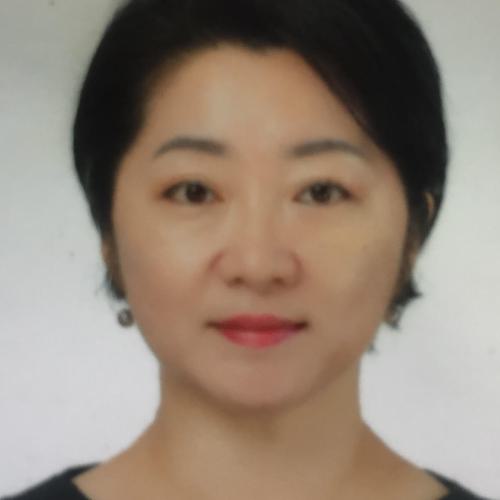
Sun-Hee Lee
Professor of Korean
Director of Korean program; focused on Korean language and culture, particularly corpus-based linguistic analysis and learner corpus research
Education
- B.A., Yonsei University
- M.A., Yonsei University
- Ph.D., Yonsei University
- Ph.D., Ohio State University-Main Campus
Current and upcoming courses
An Introduction to Korean Culture and Language: from P’ansori to K-pop (in English)
KOR206
This course aims to provide a fundamental understanding of Korean culture, society, and the Korean people by focusing on the Korean language. The development of language occurs in dynamic relation to culture and community. Topics include the origin and history of the Korean language, the writing system (Hangeul-Korean alphabet), different dialects (including North Korean dialects), cross-linguistic analysis, intercultural communication, language use in pop culture, language variation across generations, neologism (new word formation) and slang, etc. The historical trajectory of Korean will be examined in relation to relevant sociopolitical and cultural trends. We will also explore diverse issues in contemporary Korean and popular culture using articles, films, dramas, etc. This course is expected to develop cross-cultural perspectives on the Korean language and its rich cultural heritage.
-
Introduction to Korean Language and Culture with Field Study
KOR206L
This course aims to provide a fundamental understanding of Korean culture, society, and the Korean people by focusing on the Korean language. The development of language occurs in dynamic relation to culture and community. Topics include the origin and history of the Korean language, the writing system (Hangeul-Korean alphabet), different dialects (including North Korean dialects), cross-linguistic analysis, intercultural communication, language use in pop culture, language variation across generations, neologism (new word formation) and slang, etc. The historical trajectory of Korean will be examined in relation to relevant sociopolitical and cultural trends. We will also explore diverse issues in contemporary Korean and popular culture using articles, films, dramas, etc. This course is expected to develop cross-cultural perspectives on the Korean language and its rich cultural heritage.. Additionally, this course includes participation in an International Lab, which will take place in Seoul in May 2025. The course features two major projects designed to deepen students' understanding of and engagement with Korean culture, society, and language, utilizing immersive experiences planned during the Seoul trip. -
Kaleidoscope of East Asian Languages: Exploring Voices, Values, and Cultures
EALC123
This seminar explores linguistic tapestry of East Asia, focusing on the distinct features, structures, and variations that characterize Chinese, Japanese, and Korean. Through lively discussions and hands-on projects, we will examine the unique linguistic and cultural heritages of these languages. From their intricate writing systems and complex grammar to the diverse range of sociolinguistic patterns and dialects, we will uncover the layers that make each language unique. Central to our exploration will be the role of Confucian ideology, the vibrant influence of pop culture, and the transformative impact of AI technology on communication. Through this exploration, students will gain a comprehensive understanding of how language profoundly influences and mirrors the rich diversity of life and thought in East Asia. (EALC 123 and LING 123 are cross-listed courses.)